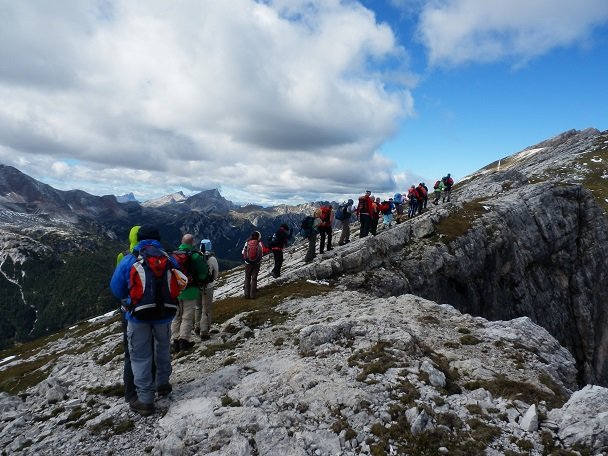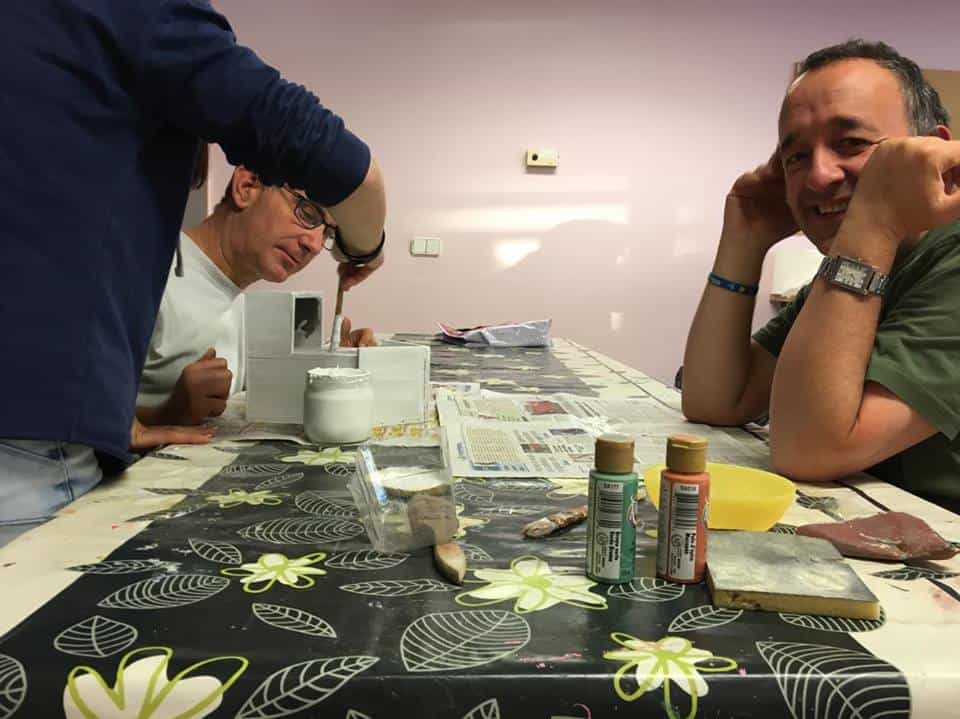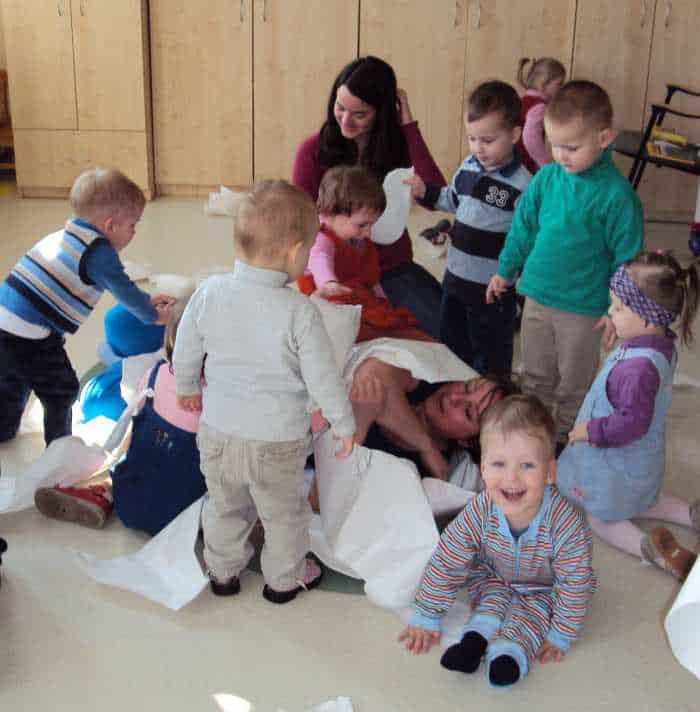"Cross-country skiing as a team"
Reinhard Pallauf on his experience as a volunteer at a camp for the blind
In the January 2012 issue of the monthly magazine "WELT DER FRAU", I stumbled across a special news item entitled "Off on vacation - companion wanted for the blind".
Volunteers were sought to accompany blind and visually impaired people on vacation, in this particular case on a cross-country skiing week in Salzburg or the Bohemian Forest.
This private initiative "Blindenfreizeiten P.Lutz" goes back to the Tyrolean-born Camillian priest Wilfried Lutz, who began climbing mountains with blind and visually impaired people in 1971. He later expanded his program to include sports and cultural weeks. Although the Father has since passed away, his commitment lives on and a successor coordinates ten to twelve vacation weeks each year. However, the originally Christian initiative is "open to all".
On the one hand, the social commitment of supporting blind people in sports or helping them to find their way in their new environment and, on the other, the opportunity to combine a vacation with my favourite winter sport appealed to me greatly. So I didn't think twice and shortly afterwards I was the only new member of the support team.
Until then, I had never had any direct contact with blind people - apart from a few instances of assistance in road traffic or on public transport. To my astonishment, these people were extremely independent. Most of them did not need any assistance with personal hygiene, showering or going to the toilet and they moved around our accommodation, the Stifter Youth Hostel in Aigen, skillfully and safely.
This group of people mainly needed support at mealtimes, in the ski stables and on the cross-country ski trail. The food and drink was served to them by us sighted people. We also made sure that everyone had access to their equipment. What was amazing for me was the experience on the cross-country ski trail, where I, as a completely inexperienced guide, managed with very few aids (light physical contact or shouts) to keep the skiers on track more or less quickly, depending on their level of ability. This meant that although the sporting part was very responsible for me, it was not a stress factor, but a pleasure together with the blind person.
Being together with them reinforced the impression that they - and probably other people with disabilities - do not want to be pitied, but accepted as fully-fledged people with consideration for their deficits.
I would like to qualify this by saying that the group of people I have dealt with obviously accept a "life in darkness" and are prepared to actively shape it to the best of their ability. There are certainly also people who cannot cope with their impairment and more or less give up.




